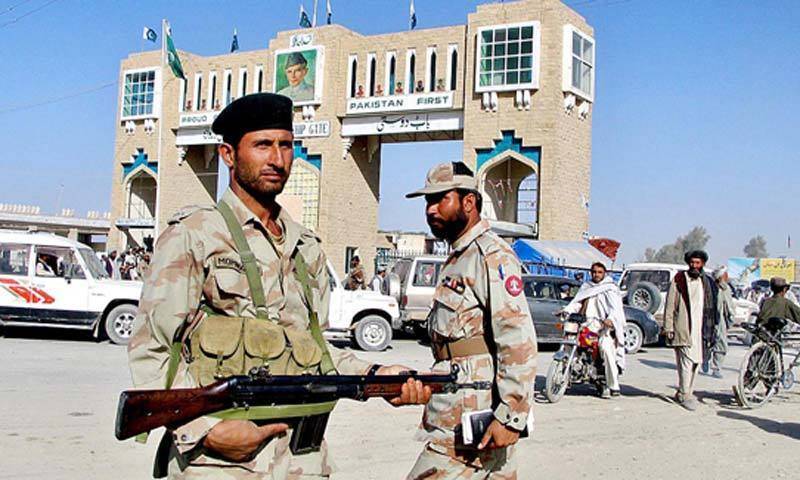The Pakistan government finally caught up with the rest of the world by lifting economic sanctions on Iran on Friday. The government has also apparently agreed to an economic strategy for the country, over how best to start improving trading ties that benefit both countries. It remains to be seen what this economic strategy is and whether it will be as effective as planned. Reportedly, Pakistan is looking to work with Iran in sectors such as banking, finance, industry and energy. Concerning energy, Pakistan desperately needs natural resources to keep its power generators going. A cheap option to get oil and gas from across the border is very necessary to end the energy crisis in the country.
However, Iran’s decision to conduct trade in Euros is likely to be a challenge for Pakistan, given the higher exchange rate.
If Pakistan is looking to restart economic activity with Iran, the latter is likely to first wait and see whether Pakistan completes its half of the Iran-Pak gas pipeline before it trusts the promises made by this side. A daily penalty of $1 million was supposed to be paid by Pakistan if it failed to complete the pipeline by January 1, 2014. This penalty was waived off initially, but Iran might still seek legal recourse in order to make Pakistan finish the construction as promised. Pakistan needs to finish the pipeline for its own sake too, because gas from Iran will cost less than that imported by Qatar.
Increased economic activity between the two countries can be mutually beneficial. Iran’s connecting border with Pakistan through Balochistan is one of the prime spots for smugglers of oil products to pass through; and if Pakistan wants to reap the maximum benefits of cross-border trade, this illegal trade must first be stopped. The black market is siphoning millions by the day, and international oil prices will not stay as low as they are forever; the government already relies on taxation on oil products for a large part of its revenue, and it can potentially decrease the amount of taxes if it increases revenue by putting a stop to smuggling across the Torkham border. With the fourth-largest oil reserves in the world, Iran is a trading partner that cannot be ignored, and Pakistan’s close geographical proximity makes it nearly certain that it will one of the countries that benefits the most after sanctions were lifted, but only if the government plays its cards right.






